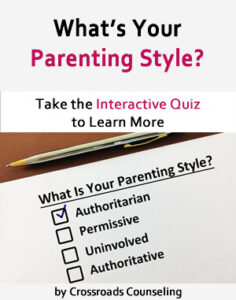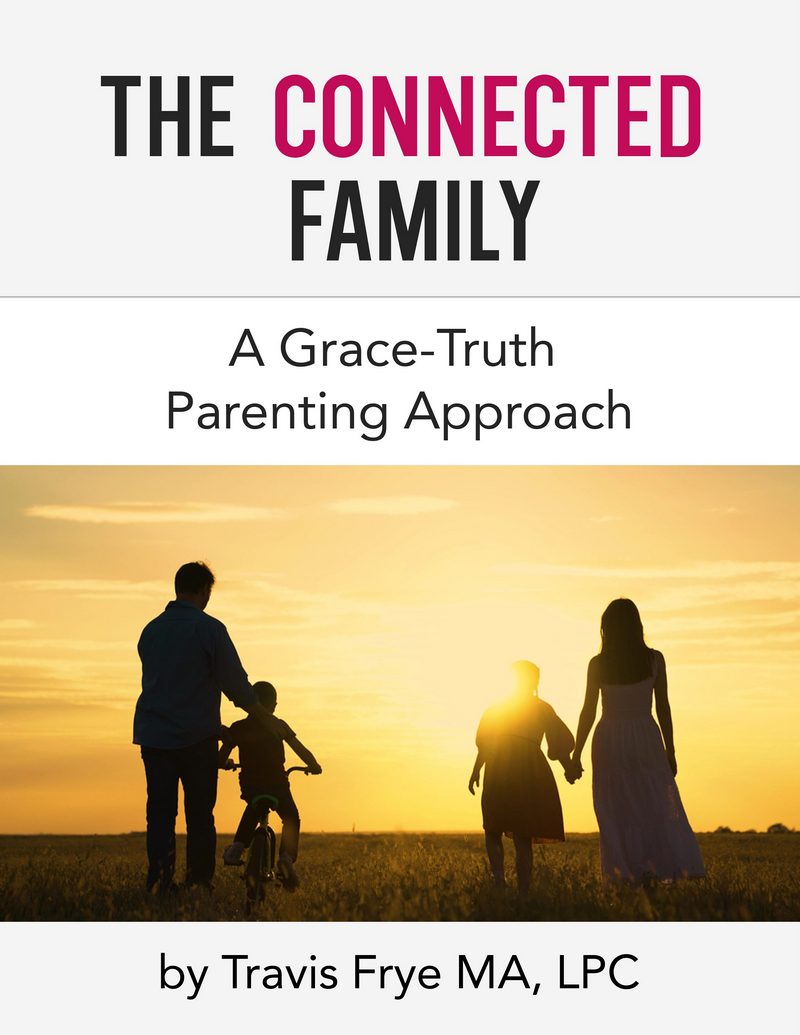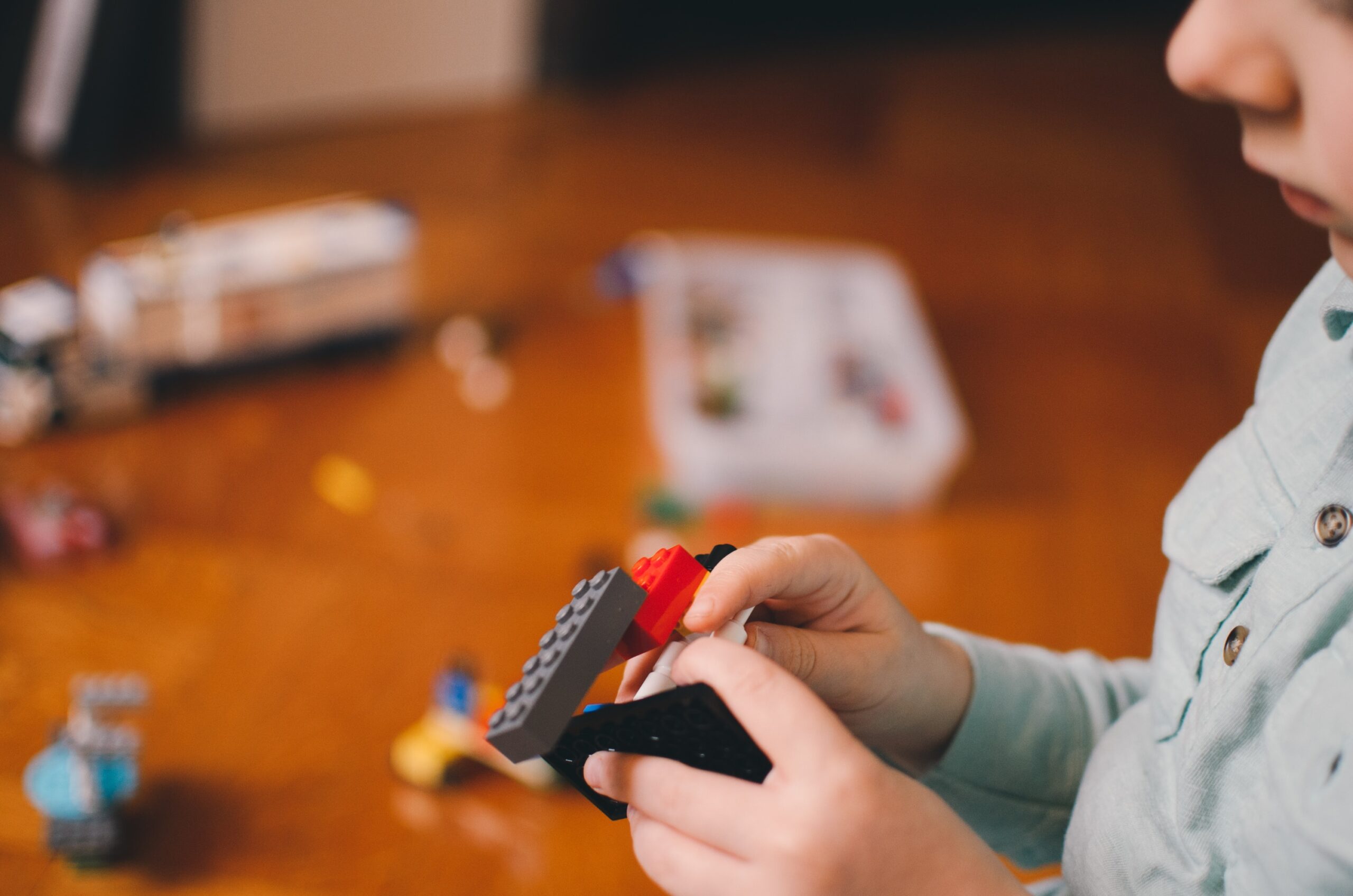A lot of people like to joke around about having a “dysfunctional family.” While it’s true that every family has its own quirks, there are some dysfunctional habits and patterns that can actually end up being quite harmful.
Communication is key when it comes to the success of any relationship – including familial ones. If your family has dysfunctional communication patterns, it could create major problems within those relationships, and leave lasting scars that end up getting passed down to future generations.
But, when you’re in the thick of those patterns, they can be hard to recognize on your own. Let’s take a look at four signs your family has dysfunctional communication patterns, and what you can do about it.
1. Communication Isn’t Open
Families that don’t have open communication often either have secrets, or don’t feel comfortable talking to each other about certain parts of their lives. Maybe this was something you grew up with so it seems normal to you. But, closed communication often means closed relationships.
You should be able to go beneath the surface with your own family. If it’s an unwritten rule that you don’t talk about certain things, or you find yourself hesitant to bring up certain subjects because you’re not sure how they’ll react, consider that a red flag.
2. Listening Is a Problem
Communication isn’t just about talking. Listening is a huge part of effective communication. That goes beyond just “hearing” a person. Rather, being an active listener shows that you understand what someone is saying, and that their words have value.
Have you ever felt like your family isn’t really hearing what you have to say? Do they disregard the things you talk about? Maybe they forget what you’ve told them in just a short time.
If that’s the case, there are clear listening issues. That can lead to people feeling disregarded and devalued, and can crush a person’s self-esteem and self-worth.
3. People Are Afraid to Express Their Feelings
If you’ve grown up in a family where communication isn’t important and certain things aren’t talked about, you might be afraid to express your thoughts and feelings. For families with dysfunctional communication patterns, these fears can begin in childhood.
Children need healthy outlets to express themselves. If your family wasn’t a source of security and attachment for you, you might have learned to suppress your feelings. Or, you might have turned to other outlets that weren’t as healthy or productive. Maybe you still rely on some of those unhealthy outlets, and you tend to keep your feelings to yourself.
Emotions always demand to be felt. Being able to talk about them can make a big difference in your mental well-being.
4. Excessive Criticism
Maybe your family talks about things frequently but tends to be harsh. You might even deal with verbal abuse – another issue that often starts in childhood.
It’s one thing for parents to occasionally offer “tough love” or provide constructive criticism. However, that doesn’t mean excessive criticism is acceptable. If you’re still worried today that your parents or other family members will only have negative things to say about your life, your choices, or your opinions, that criticism has already taken its toll.
What Can You Do?
Dysfunctional communication patterns rarely change unless someone realizes there’s a problem. It’s not always easy to bring up these problematic patterns, but if you can bring them to your family’s attention, you can spark positive change.
If that’s not a possibility, make sure you’re taking care of yourself and your mental health even if you don’t feel like your family is there for you. Lean on a support system of friends, and don’t hesitate to reach out for professional help so you have someone to talk to. Your thoughts, feelings, ideas, and words are important.
Begin Working With a Family Therapist in Phoenix, Scottsdale, And Online in Arizona
May is Mental Health Awareness Month! Every week during the month of May Crossroads Counseling will post a new mental health blog to increase awareness of mental health and counseling resources in Phoenix, Scottsdale, and online in Arizona.
To talk to a mental health professional about starting counseling or therapy please feel free to learn more about our practice by visiting our about page, FAQ, and blog, or read more about our staff members to start finding your best therapeutic fit! Call us at 623-680-3486, text 623-688-5115, or email info@crossroadsfcc.com for more information!
-
- Contact Crossroads Counseling for a complimentary 20-minute phone consult
- Meet with a family therapist
- Start your journey towards healing!
- Learn more about Emotionally Focused Family Therapy







